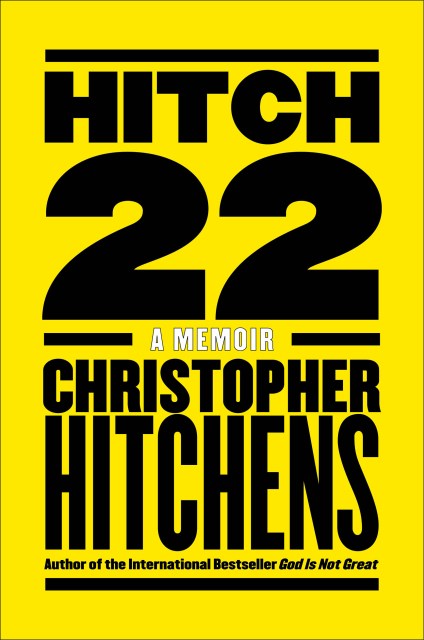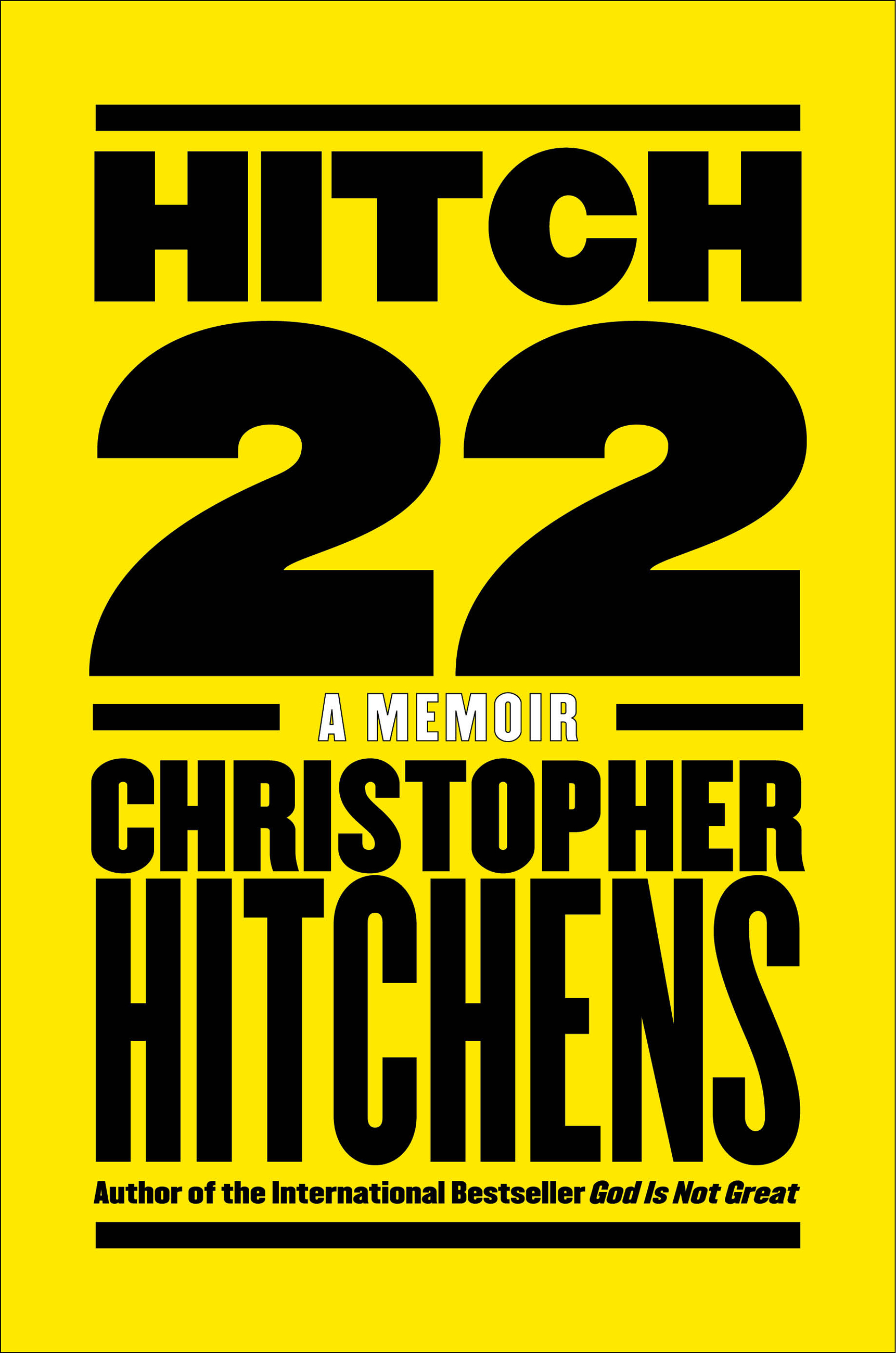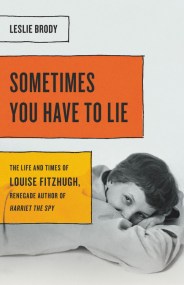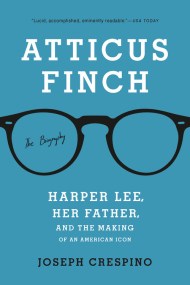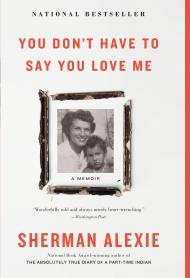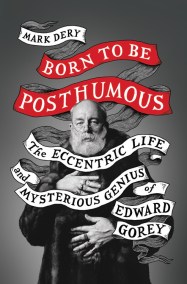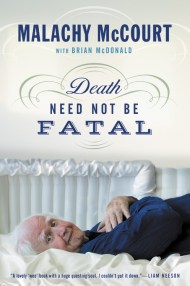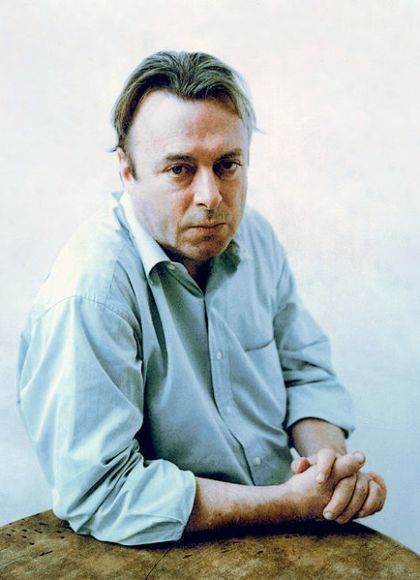By clicking “Accept,” you agree to the use of cookies and similar technologies on your device as set forth in our Cookie Policy and our Privacy Policy. Please note that certain cookies are essential for this website to function properly and do not require user consent to be deployed.
Hitch-22
A Memoir
Contributors
Formats and Prices
- On Sale
- Jun 2, 2010
- Page Count
- 448 pages
- Publisher
- Twelve
- ISBN-13
- 9780446568968
Price
$11.99Format
Format:
- ebook $11.99
- Audiobook Download (Unabridged)
- Trade Paperback $21.99
This item is a preorder. Your payment method will be charged immediately, and the product is expected to ship on or around June 2, 2010. This date is subject to change due to shipping delays beyond our control.
Buy from Other Retailers:
Over the course of his 60 years, Christopher Hitchens has been a citizen of both the United States and the United Kingdom. He has been both a socialist opposed to the war in Vietnam and a supporter of the U.S. war against Islamic extremism in Iraq. He has been both a foreign correspondent in some of the world’s most dangerous places and a legendary bon vivant with an unquenchable thirst for alcohol and literature. He is a fervent atheist, raised as a Christian, by a mother whose Jewish heritage was not revealed to him until her suicide.
In other words, Christopher Hitchens contains multitudes. He sees all sides of an argument. And he believes the personal is political.
This is the story of his life, lived large.
In other words, Christopher Hitchens contains multitudes. He sees all sides of an argument. And he believes the personal is political.
This is the story of his life, lived large.
Newsletter Signup
By clicking ‘Sign Up,’ I acknowledge that I have read and agree to Hachette Book Group’s Privacy Policy and Terms of Use
